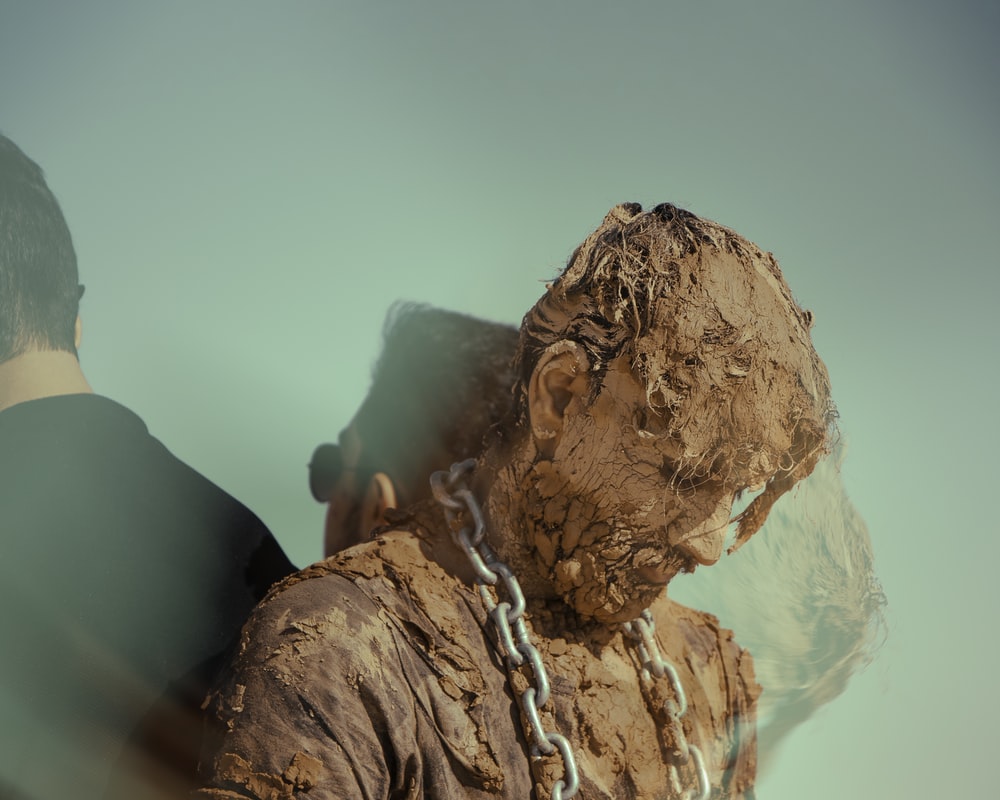Acute psychological adverse reactions in first-time ritual ayahuasca users: a prospective case series
Authors:
María Gómez-Sousa, Daniel F. Jiménez-Garrido, Genís Oña, Rafael Guimarães dos Santos, Jaime E. C. Hallak, Miguel Ángel Alcázar-Córcoles, and José Carlos Bouso.
Journal:
Journal of Clinical Psychopharmacology
Year:
2021
About the study
This article provides a case series of challenging psychological experiences found in a subsample of subjects from a previously published study in which the authors recruited ayahuasca-naive participants and followed them for six months after their first ayahuasca use.
They selected a subsample of seven participants, from an initial sample of 40 ayahuasca-naive subjects, who experienced acute adverse psychological reactions after the intake. They were asked about their subjective experience and any challenges/difficulties related to their ayahuasca use.
These case series aimed to describe challenging psychological effects associated with ayahuasca use and its long-term consequences. Two subjects showed higher scores in psychopathology measures after the experience, and one met the diagnostic criteria for hypomanic disorder after having reduced the symptomatology of other disorders. These three subjects showed improvements in the psychiatric interview and other questionnaires, so further studies are required in order to assess these results more accurately.
Abstract
Background: In recent decades, ritualistic use of ayahuasca has spread throughout the world. Retrospective studies have suggested a good psychological safety profile, but prospective studies involving ceremony ayahuasca-naive participants are lacking.
Methods: We conducted the study using a subsample from a previous study, for which first-time ceremony ayahuasca participants were recruited. The subsample consisted of 7 subjects who experienced acute and challenging psychological reactions. The semistructured Mini-International Neuropsychiatric Interview and psychometric questionnaires were administered before participants attended the ayahuasca ceremony and at one and six months after exposure. Subjective experiences were also recorded.
Results: Seven subjects from a sample of 40 reported having experienced intense challenging psychological effects during the ayahuasca ceremony. Four of those 7 subjects met the diagnostic criteria for one or more psychiatric disorders before the ayahuasca ceremony. One month after the ceremony, two of those subjects no longer showed psychiatric symptoms, whereas the symptoms of the other two were reduced considerably. Those results persisted at the six-month follow-up. Inappropriate setting/context (poor guiding skills and screening) contributed to some of the challenging reactions. Most of the participants (6 of 7) did not take ayahuasca again during the study period.
Conclusions: Based on the cases reported here, we suggest that although it is possible that participating in ayahuasca ceremonies may entail acute psychological negative reactions, those challenging experiences can also have positive long-term effects. Prospective research on the safety profile of ayahuasca and how it is affected by the context of different practices and safety strategies is therefore necessary.
Photo by Mahdi Bafande on Unsplash.
Categories:
Studies & papers
, Ayahuasca
Tags:
ayahuasca
, psychiatric effects
, scientific research
, study
, adverse effects
, safety
, psychology
, psychedelics
, hallucinogens
, ritual

